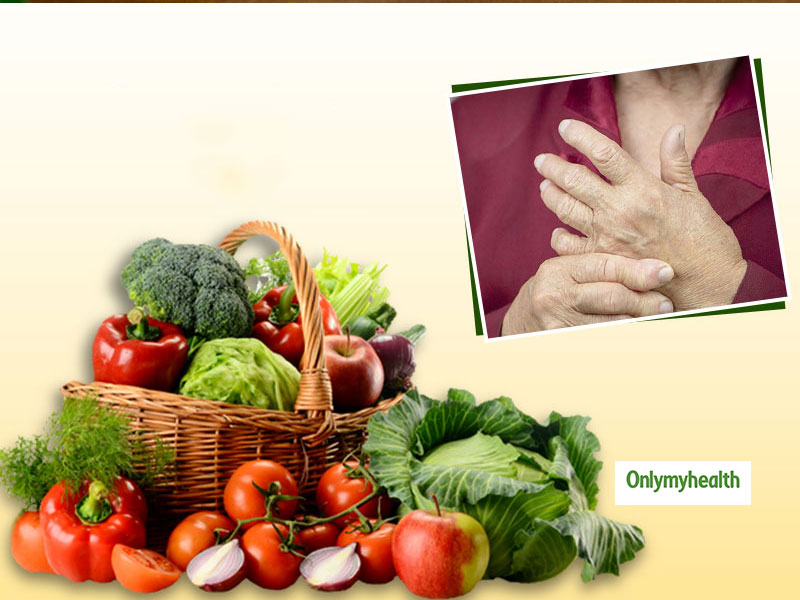
Rheumatoid arthritis can affect any person's joints, as it is an inflammatory disorder. Arthritis can also cause problems with the lungs, eyes, blood vessels, heart and skin. Arthritis occurs when the immune system accidentally attacks body tissues. The inflammation caused by arthritis also damages other parts of the body. Joint pain i.e. arthritis is an incurable disease. But research says that vegetarianism can provide great relief in this disease. Vegetarianism is largely helpful in protecting arthritis patients from heart attacks. Consumption of vegetarian food decreases the risk of heart attack and stroke.
Table of Content:-
Eat vegetarian to drive away arthritis
According to Prof. Johann Frästegard of Karolinska Institutet of Stockholm, people who were fed a vegetarian diet were found to have less swelling in their joints. This reduction was found to be 5.3 to 4.3 on average. A chemical called 'CRP' was also found in their blood. This chemical is believed to be responsible for irritation in the body. The 30 patients involved in the study were given vegetarian and 28 were given non-vegetarian food (for three months) and the condition of various chemicals in their blood was monitored. Vegetarianism is also very helpful in increasing the natural antibodies (immunity) in the body of people (due to which the level of rheumatoid arthritis can be reduced).
Also Read: Stem Cell Transplant Can Treat Severe Combined Immune Deficiency, A 100% Fatal Defect In Kids

Other benefits of being vegetarian
- Vegetarians are less likely to have disease related to the arteries (they send blood to the heart).
- Total fluid cholesterol and low-density lipoprotein cholesterol are commonly found low in vegetarians.
- The amount of high-density lipoprotein cholesterol depends on what type of vegetarian diet you consume.
- Protein derived from flora is sufficient for the body's required amount of amino acids (provided various types of vegetable-based substances are consumed).
Also Read: Expiry Date Drugs: Here's What Happens When We Eat Expired Drugs
Symptoms of arthritis

- Fatigue.
- Redness on the skin.
- Swelling on finger joints.
- Pain in the back, joints, or muscles.
- Stiffness, swelling and tenderness of the affected muscles.
- There is physical deformity on the skin, the sensation of pins and needles.
Read more articles on Miscellaneous
How we keep this article up to date:
We work with experts and keep a close eye on the latest in health and wellness. Whenever there is a new research or helpful information, we update our articles with accurate and useful advice.
Current Version